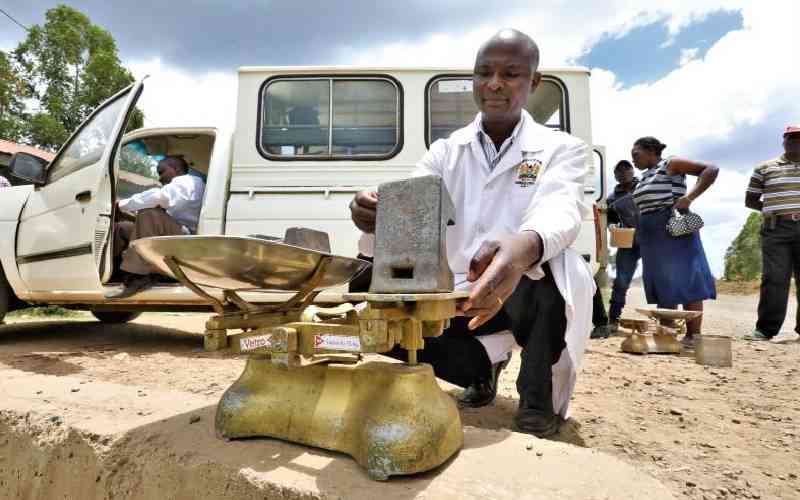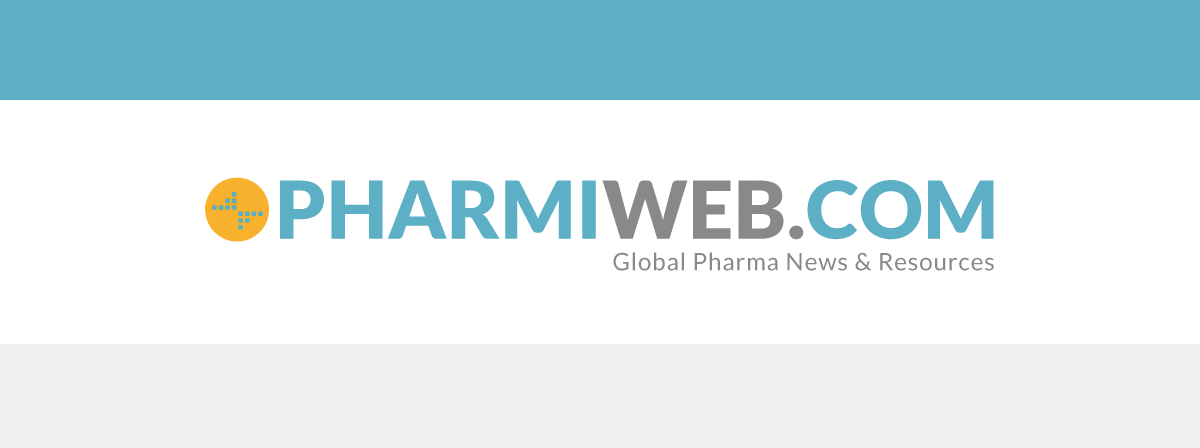Why it is important for Kenyans to uphold the integrity of measurement

Across homes, hospitals, industries, and markets, a quiet but vital force holds society together; the assurance that measurements are accurate, reliable, and fair. From the gram of sugar in your morning tea, to the megawatt powering your business, to the dosage in a child's medication, our entire way of life depends on one simple truth: That the measurements we rely on are correct.
Yet, measurement or metrology, the science that governs it is often invisible. It does not shout. It does not demand attention. But when it fails, the consequences can be immediate and profound: Misdiagnoses in hospitals, under-filled consumer goods, electricity bills based on faulty meters, or export goods rejected due to non-compliance.
This year, as we mark World Metrology Day under the theme “Measurements for all times, for all people,” we are reminded that metrology is not a luxury of laboratories. It is a public good, central to safety, fairness, and national development.
Measurement is the foundation of modern society. It enables trade, drives innovation, ensures safety, and underpins policy decisions. For governments, it ensures effective resource allocation. For businesses, it enables product integrity and market access. For citizens, it guarantees that a litre is indeed a litre whether it’s fuel at the pump or milk at the market.
Consider this: A farmer exporting fresh produce needs confidence that his weighing scale complies with international standards. A woman buying medication for her child must trust that the dosage is accurately calibrated. A contractor erecting a bridge relies on the strength of materials tested under precise, standardised conditions. When we measure right, we build trust between producers and consumers, opportunity in global trade, and growth across sectors. Measurement ensures Kenya’s goods are not just competitive, but credible, that our exports are respected not just for price, but for quality.
While metrology often operates behind the scenes, its applications are everywhere. In healthcare, calibrated thermometers and blood pressure monitors ensure accurate diagnoses. In energy, correctly metered electricity prevents loss and disputes. In transport, calibrated fuel dispensers ensure you get what you pay for. In construction, materials are tested to precise standards to guarantee structural integrity.
In today’s world where economies are increasingly digital, decarbonised, and globally connected, precision is the new currency. One degree of error in a medical refrigerator can compromise vaccine potency. One misstep in food measurements can close access to high-value export markets.
KEBS ensures Kenya’s measurement systems are aligned with international norms, enabling our businesses to compete globally. We calibrate, verify, and maintain reference standards across sectors, acting as a bridge between innovation and implementation.
As Kenya pursues its goals under Vision 2030 and the Bottom-Up Economic Transformation Agenda, metrology must be at the heart of the journey. Whether it’s manufacturing electric motorcycles, processing pharmaceuticals, or building smart infrastructure, accurate measurement is non-negotiable.
A culture of precision for a future of prosperity, metrology is not only about tools and technology. It is a mindset of precision. A national culture that says “almost right” is not good enough when lives, livelihoods, and reputations are on the line.
As we celebrate World Metrology Day, we call on all sectors, public and private, to uphold the integrity of measurement. Let us equip our institutions, train our professionals, and invest in our systems. Because when we measure right, we grow right and when we grow right, we unlock the full potential of our people, our industries, and our nation.







